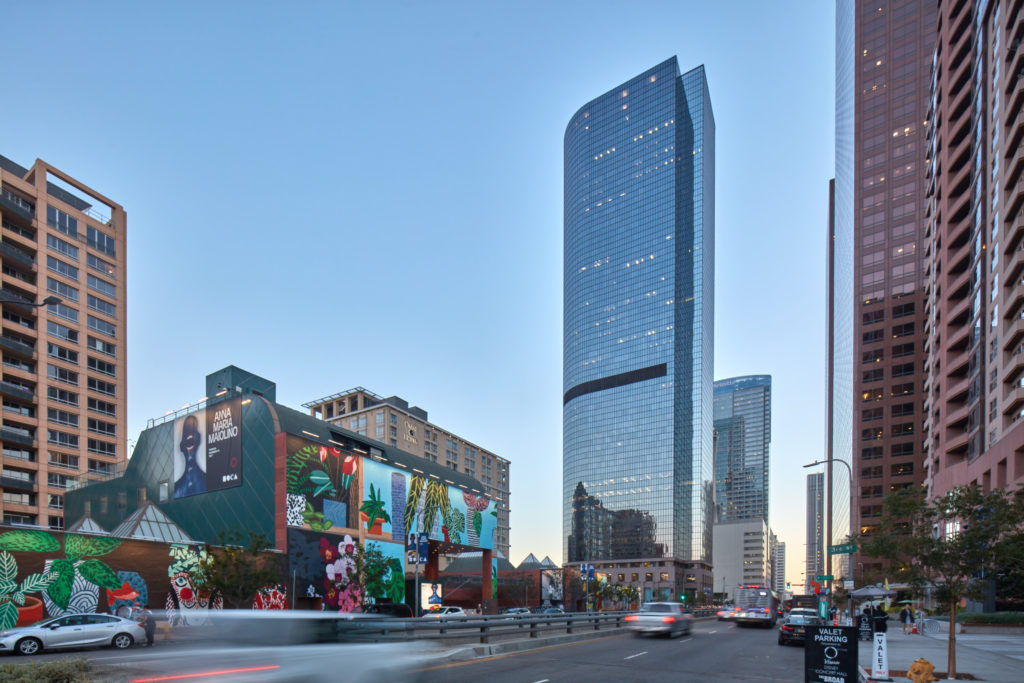Media
California Supreme Court Rules Unpaid Time at Security Checks is Illegal
On March 25, 2024, the Supreme Court for the state of California ruled that time spend in security checks on the premises of employers must be paid to hourly workers. Security check time is one of the more common ways in which employers have workers work off the clock, along with other common examples such as working during a break or lunch, or having to put on or off security equipment before clocking in.
Supreme Court Ruling on Unpaid Time Travelling or in Security Checks
The Supreme Court found that:
‘An employee’s time spent on an employer’s premises awaiting and undergoing an employer-mandated exit procedure that includes the employer’s visual inspection of the employee’s personal vehicle is compensable as “hours worked”.’
The Supreme Court also stated:
‘The time that an employee spends travelling between the Security Gate and the employee parking lots is compensable as “employer-mandated-travel”.’
Employer mandated travel is travel that is directed by an employer for an employee to take part in. Mandated travel is work, and hourly employees are to receive pay for all hours worked.
Regarding lunch breaks, the Supreme Court stated:
‘When an employee is covered by a collective bargaining agreement that complies with Labor Code section 512, subdivision (e) and Wage Order No 16, section 10(E), and provides the employee with an “unpaid meal period”, that time is nonetheless compensable under the wage order as “hours worked” if the employer prohibits the employee from leaving the employer’s premises or a designated area during the meal period and if this prohibition prevents the employee from engaging in otherwise feasible personal activities”.
When an hourly employee receives an unpaid lunch break, the employee must be relieved completely form work and constraints by the employer. Employees who have to continue to work, have to monitor conditions or continue to be responsible for work tasks, or those who cannot freely move or leave the premises, are not truly on a break. As a result, workers can claim that time as paid time, and if not paid by the employer pursue a claim against the employer for all such unpaid breaks.
Penalties in California for Failing to Pay All Wages
Workers in California that do not receive pay for hours worked are eligible to receive their missing pay, missing benefits or missing overtime, liquidated damages of the same amount (doubling the amount), as well as collect any attorney’s fees and expenses incurred in collecting. Additional penalties occur in California for failing to provide correct itemized paychecks, as the paychecks fail to correctly note the full time worked, which can result in $50 or $100 per paycheck penalties (up to $4,000 per employee).
For unpaid meal breaks that are violated, such as when an employer requires a worker to stay on premises or otherwise continue to maintain duties of the job, California requires employers compensate employees with an additional hour of pay. For someone who has a lunch break every day in violation, that would be five hours per week of bonus pay due to the employee.
What If My Job Didn’t Let Me Leave?
If you were an hourly employee in California, and your employer made you stay at your job site during lunch without an ability to leave, speak with an experienced employment attorney to review your case and potential unpaid wages owed to you. [Insert call to action – SWCK contact info].
What If My Job Didn’t Pay Me For Security Checks?
If you were an hourly employee in California, and you were not paid for all the time spent travelling to security checks, and the time spend in the security checks before being able to leave a work premises, you may have unpaid time due to you.
Schneider Wallace Cottrell Konecky LLP
300 S. Grand Ave., Suite 2700
Los Angeles, California 90071
Tel: 415-421-7100
Toll Free: 800-689-0024
Fax: 415-421-7105
Email: info@schneiderwallace.com
